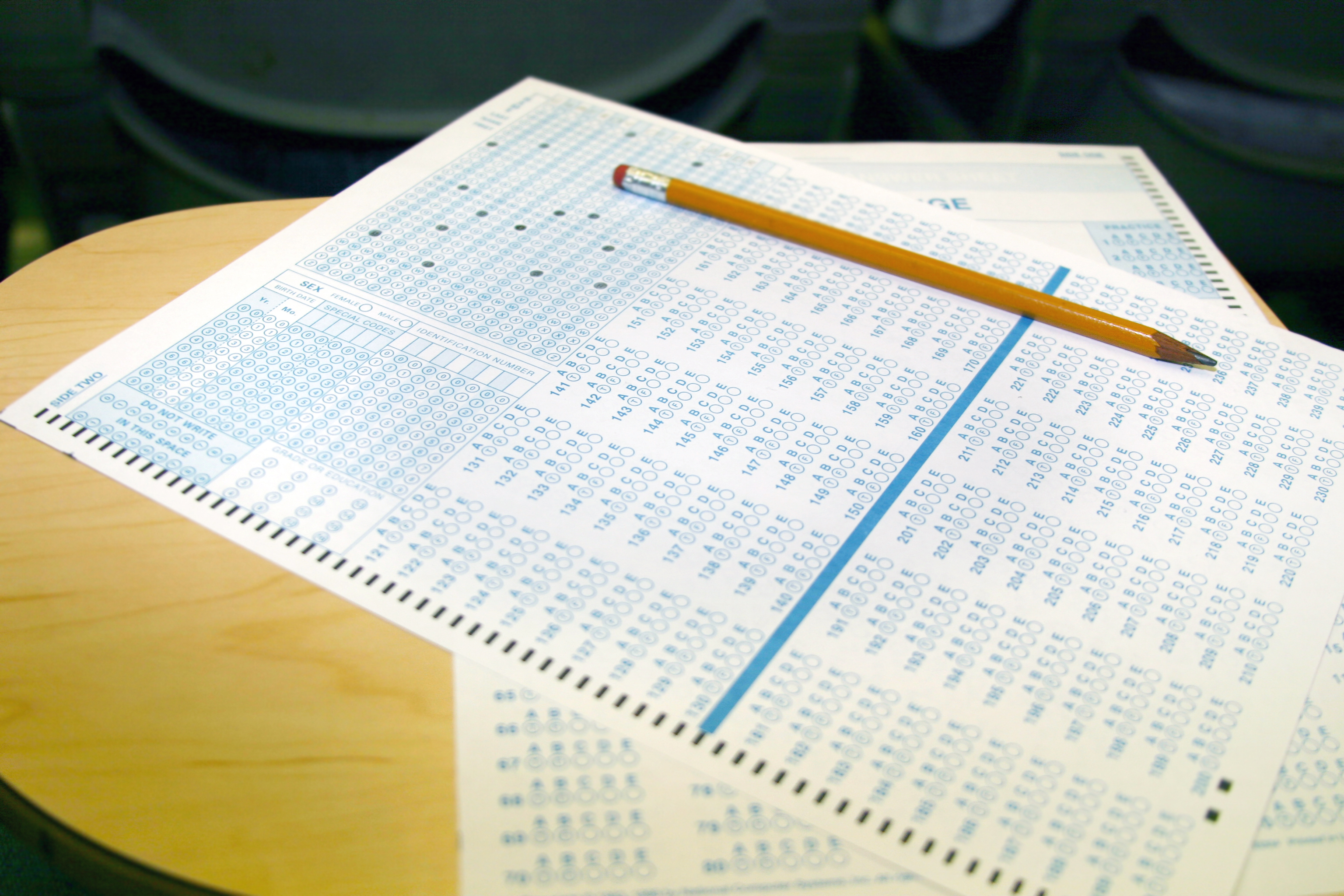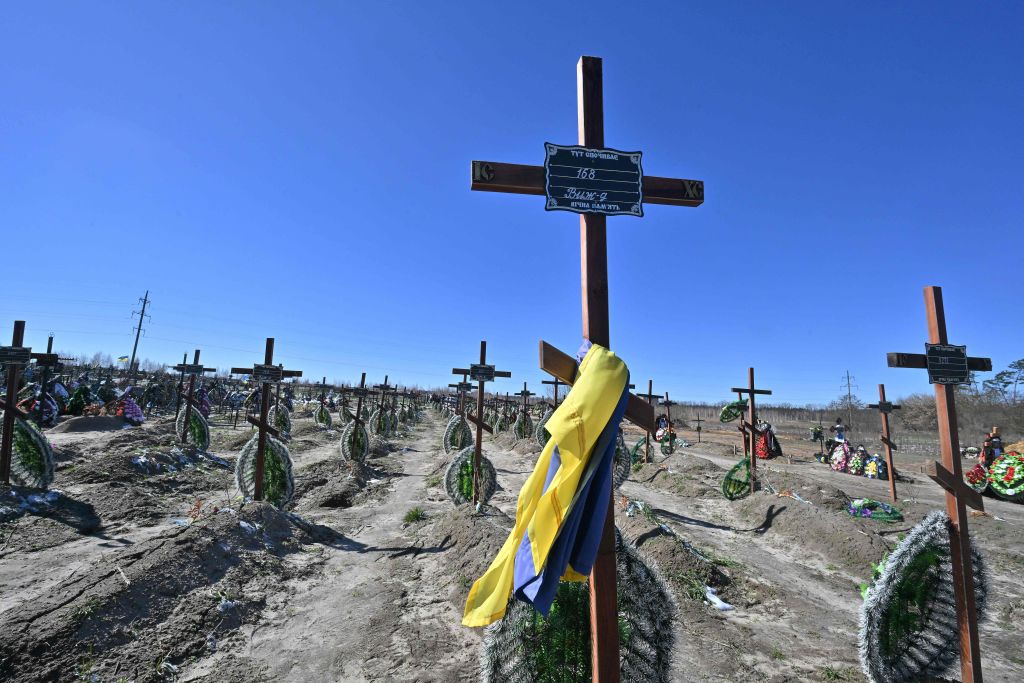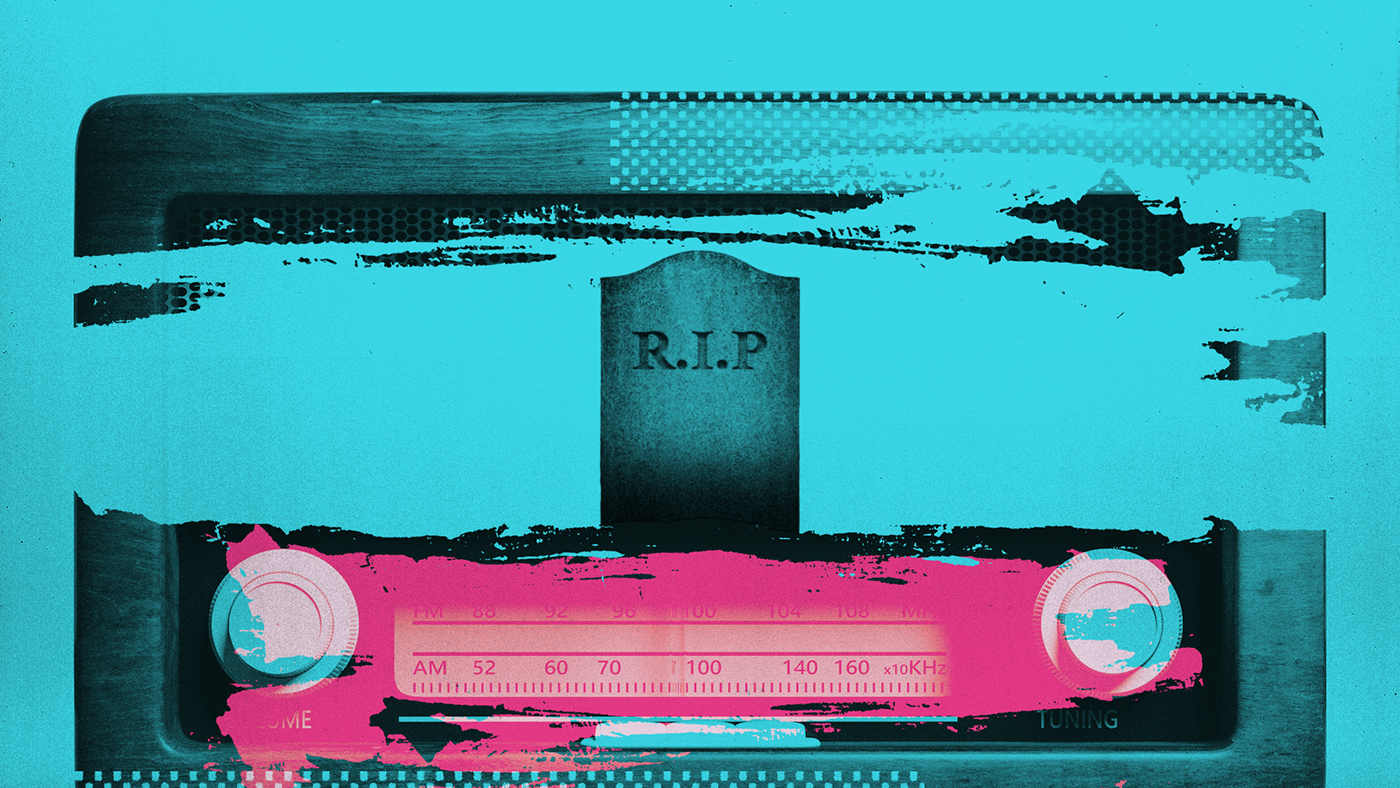The persistent inequities of Covid-related learning loss
The pandemic set a generation of students back in their education. Can they catch up?


A free daily email with the biggest news stories of the day – and the best features from TheWeek.com
You are now subscribed
Your newsletter sign-up was successful
While national test scores have already suggested that the Covid-19 pandemic led to widespread learning loss for K-12 students, a recent study posits that the pandemic exacerbated preexisting educational inequities in specific communities. Alarmingly, going back to school has yet to rectify the problem, as some communities struggle to bring kids up to speed.
Did the pandemic make educational disparities between communities worse?
National standardized test scores in math, history and reading already showed an overall drop in performance in the last few years since the pandemic's start. Still, new data shows that low-income and predominantly minority communities have disproportionately felt the impact.
A recent analysis published by the Education Recovery Scorecard, a collaboration between education researchers at the Center for Education Policy Research at Harvard University (CEPR) and Stanford University's Educational Opportunity Project, found that the "pandemic exacerbated economic and racial educational inequality," Thomas Kane and Sean Reardon, two of the studies authors, said in an op-ed for The New York Times. In 2019, before the pandemic, students in the poorest 10% of districts scored approximately four times lower than the wealthiest 10%. By 2022, students in the most impoverished communities lost 75 % of a year in math, more than twice the decline of students in more affluent districts. The pair concluded that the pandemic "left students in low-income and predominantly minority communities even further behind their peers in richer, whiter districts than they were."
The Week
Escape your echo chamber. Get the facts behind the news, plus analysis from multiple perspectives.

Sign up for The Week's Free Newsletters
From our morning news briefing to a weekly Good News Newsletter, get the best of The Week delivered directly to your inbox.
From our morning news briefing to a weekly Good News Newsletter, get the best of The Week delivered directly to your inbox.
While their research showed that the effect of pandemic learning varied across districts and communities, the results were felt equally among different demographics of students within each community, regardless of income or race. "Overall, it mattered a lot more which school district you lived in than how much money your parents earned," Reardon and Kane said in the Times.
The length of school closures affected district test scores, but other factors were at play. Scores declined more in communities with high Covid death rates, in places with increased rates of adult anxiety and depression and where daily routines and social activities were significantly restricted. "In combination, these factors put enormous strain on parents, teachers and kids," the researchers added, "making it unlikely that adults could help kids focus on school."
Has going back to school in person helped to recover the educational losses?
Data suggests otherwise. A global analysis of the impact of educational disruption caused by the pandemic, published in January in the journal Nature Human Behavior found that data from 15 countries, including the U.S, suggested that the challenges posed by remote learning and other stressors "were not rectified when school doors reopened," the Times summarized. School-age children around the world "still have not recovered the learning that they lost out on at the start of the pandemic," said Bastian Betthäuser, a researcher at the Center for Research on Social Inequalities at Sciences Po in Paris and co-author of the global review. "In order to recover what was lost, we have to be doing more than just getting back to normal," Betthäuser told the Times. He encouraged officials worldwide to offer intensive summer programs and tutoring for students who fell the furthest behind.
Most schools have resumed regular instruction "but largely at the same pace as before the pandemic," Kane said in a press statement about the Education Recovery Scorecard analysis. The hardest hit communities, where students are over 1.5 years behind in math, "would have to teach 150% of a typical year's worth of material for three years in a row just to catch up." Schools were not the only cause of educational losses, so going back to business as usual can't be the only solution. "As enticing as it might be to get back to normal, doing so will just leave the devastating increase in inequality caused by the pandemic in place," Kane added.
A free daily email with the biggest news stories of the day – and the best features from TheWeek.com
After reviewing the global analysis published earlier this year, Kane told CNN in an email that "learning loss will be the longest-lasting and most inequitable consequence of the pandemic" without immediate, decisive action.
The inequities of the effects felt due to the pandemic's disruption are "worrisome on a global level," Reardon, a professor of poverty and inequality in education at Stanford University, told the Times. "If everyone had fallen behind equally, all at once, it presumably wouldn't affect your chance of getting into college. But when the effect is differential, that could exacerbate inequality into adulthood for the whole generation."
Theara Coleman has worked as a staff writer at The Week since September 2022. She frequently writes about technology, education, literature and general news. She was previously a contributing writer and assistant editor at Honeysuckle Magazine, where she covered racial politics and cannabis industry news.
-
 How the FCC’s ‘equal time’ rule works
How the FCC’s ‘equal time’ rule worksIn the Spotlight The law is at the heart of the Colbert-CBS conflict
-
 What is the endgame in the DHS shutdown?
What is the endgame in the DHS shutdown?Today’s Big Question Democrats want to rein in ICE’s immigration crackdown
-
 ‘Poor time management isn’t just an inconvenience’
‘Poor time management isn’t just an inconvenience’Instant Opinion Opinion, comment and editorials of the day
-
 Is the 'vibecession' over?
Is the 'vibecession' over?Speed Read The IMF reported that the global economy is looking increasingly resilient. Is it time to start celebrating?
-
 The U.S. veterinarian shortage crisis
The U.S. veterinarian shortage crisisSpeed Read With an anticipated shortage of 15,000 vets by 2030, it will be harder to get care for pets
-
 Inside Russia's war crimes
Inside Russia's war crimesSpeed Read Occupying forces in Ukraine are accused of horrific atrocities. Can they be held accountable?
-
 Is it safe to ride a roller coaster?
Is it safe to ride a roller coaster?The Explainer A pair of startling events have shined a light on amusement park safety
-
 World leaders who have been charged or imprisoned
World leaders who have been charged or imprisonedThe Explainer Heads of state being put behind bars is not a rare occurrence
-
 The China-Cuba connection, explained
The China-Cuba connection, explainedSpeed Read Reports of an eavesdropping deal roil Washington
-
 The future of AM radio in the US
The future of AM radio in the USSpeed Read Automakers that have removed AM radios from new electric vehicles are facing pushback from broadcasters and politicians
-
 How conservatives have moved to undermine federal authority
How conservatives have moved to undermine federal authorityThe Explainer What has the GOP done to try and make government smaller?
